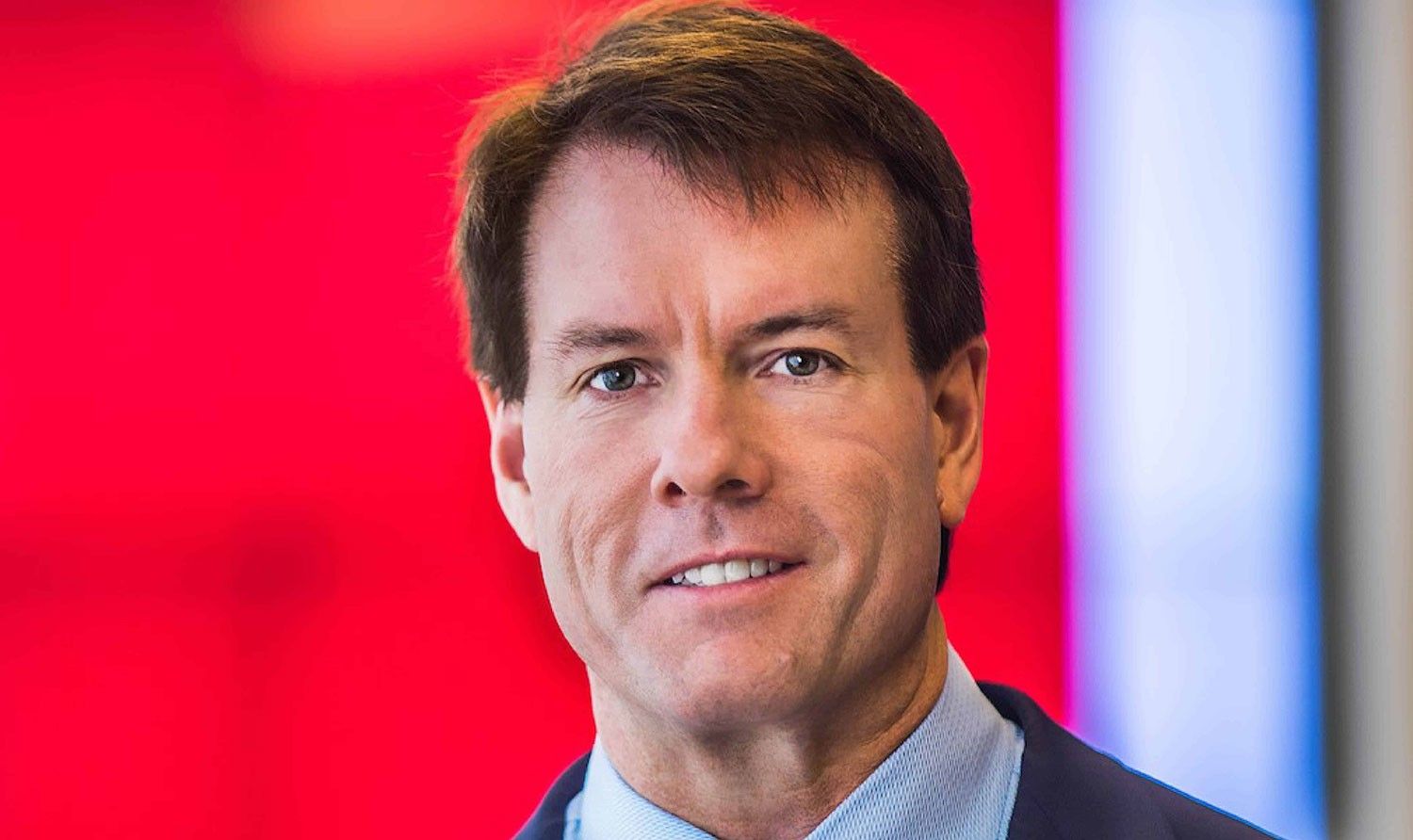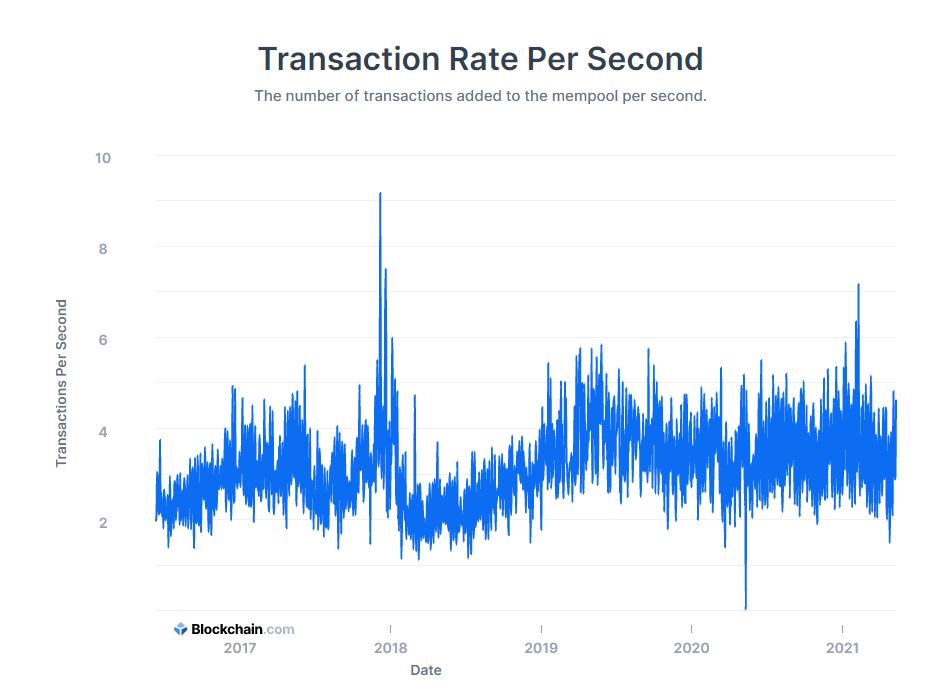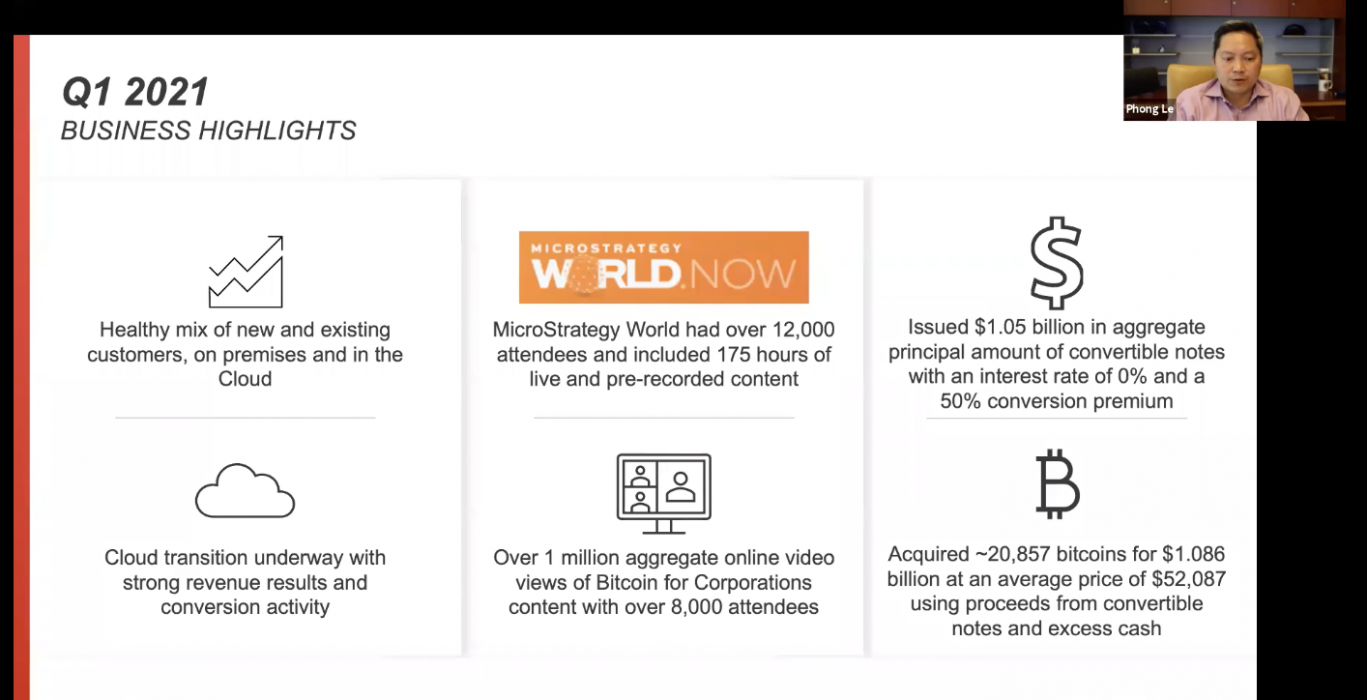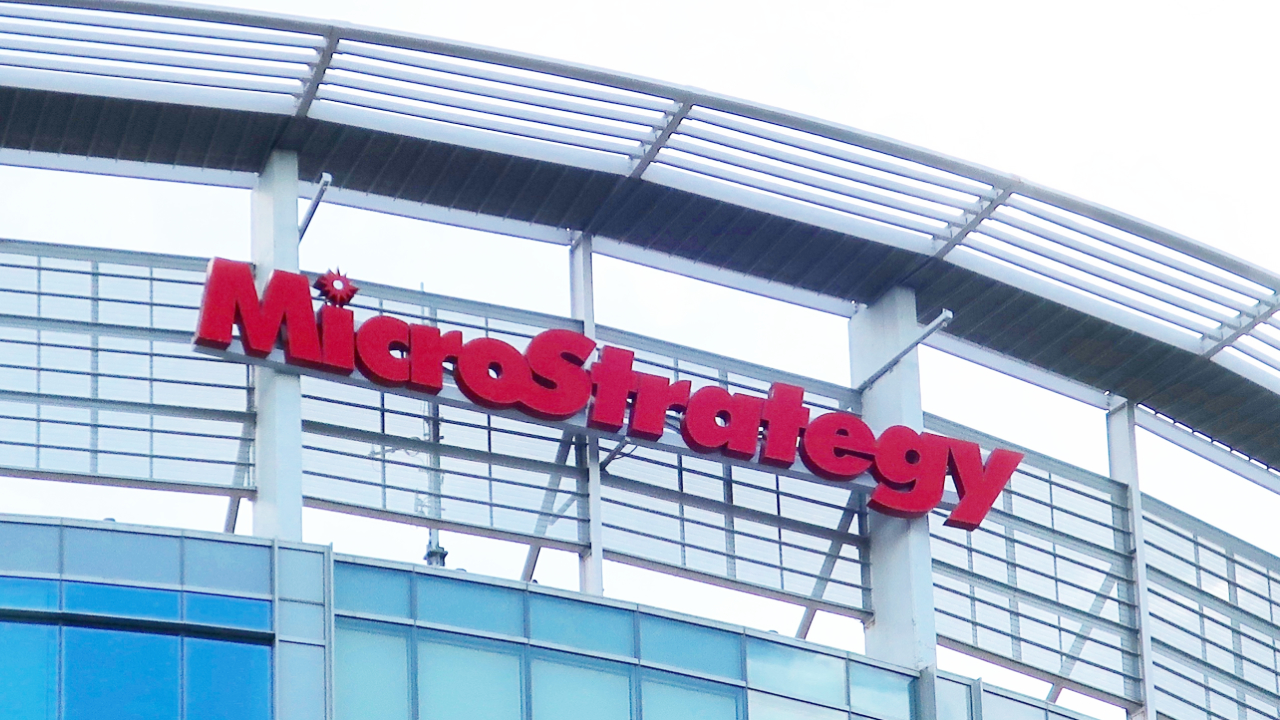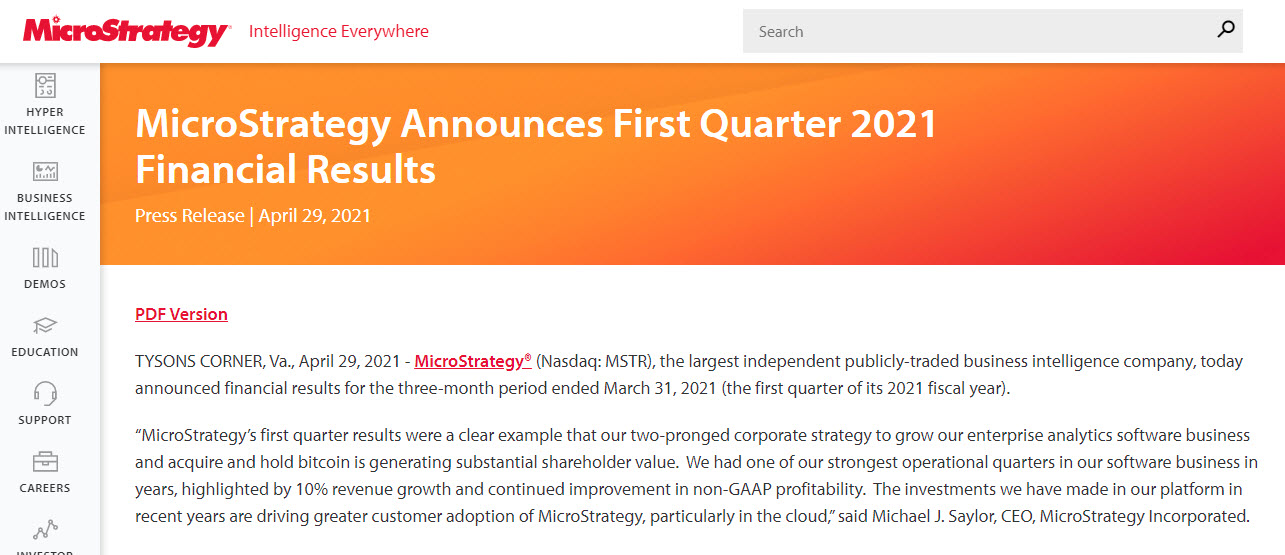Input Output, a technology and engineering company, has partnered with World Mobile Group in a new initiative to bring the internet to users in Zanzibar and Tanzania. The partnership will enable business owners in Africa to supply themselves and others with a connection to the internet and be rewarded for it.
According to a press release, via Cardano Smart Villages in Zanzibar and greater Tanzania will enable users to create “a verifiable digital ID, providing access to vital services such as banking, healthcare, education, and human rights protection.”
The networks that have been established as use cases, which have been up and running for almost 2 years have allowed local fishermen to grow their businesses, quintuple their profits, and triple the number of local shops and restaurants.
World Mobile is delivering a wireless network at a fraction of the cost by using a solar-powered device the runs on a hybrid unlicensed spectrum.
Together, the companies will provide affordable network nodes, based on the Cardano blockchain infrastructure, to local business owners. These network nodes act as local relays for internet connectivity. Subscribers to these networks will be able to access Input Output’s digital identity solution, Atala PRISM,
Input Output
No Infrastructure, No Problem
There are more than 700 million people in Africa that are not connected to the internet. It’s not profitable for network infrastructure companies to extend their reach to these people. For these individuals not having access to the internet bars them from basic services like education, banking, or healthcare.
Who would have guessed that having little to no infrastructure would turn out to benefit Africa in the long run? According to Charles Hoskinson, CEO of Input Output:
That lack of deeply embedded legacy infrastructure makes the transition to blockchain-based infrastructure a relatively low friction process, with the potential for developing countries to ‘leapfrog’ advanced industrialised economies by adopting next-generation infrastructure.
Charles Hoskinson
The application of these technologies in Africa may have the potential to uplift many lives. And since there has been so little investment into infrastructure, there will be little that needs to be replaced and transferred to new infrastructures allowing these companies to build from the ground up.

